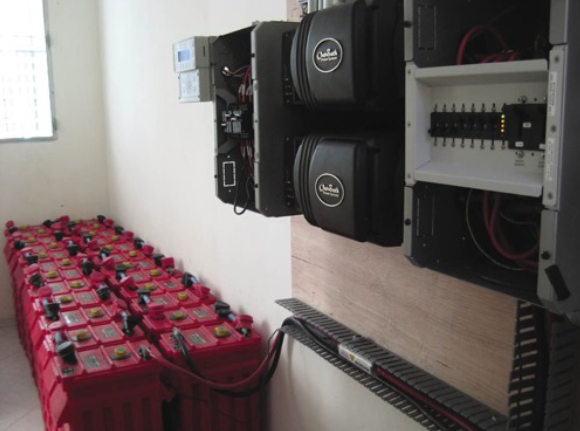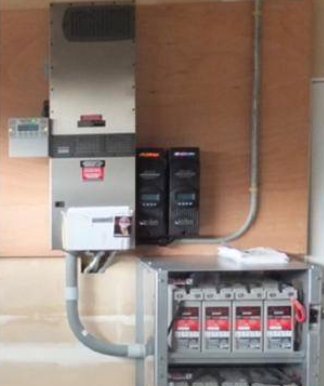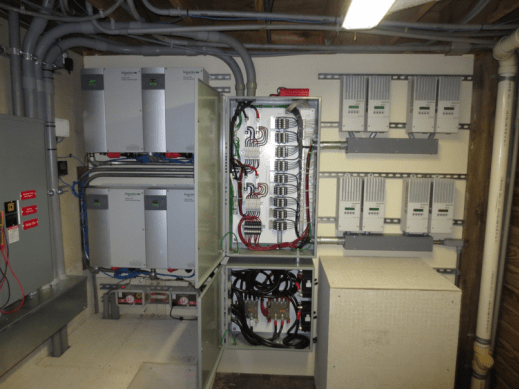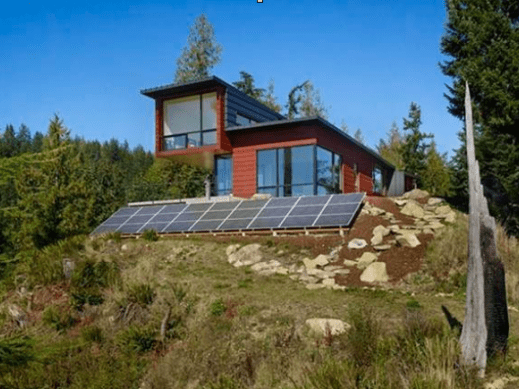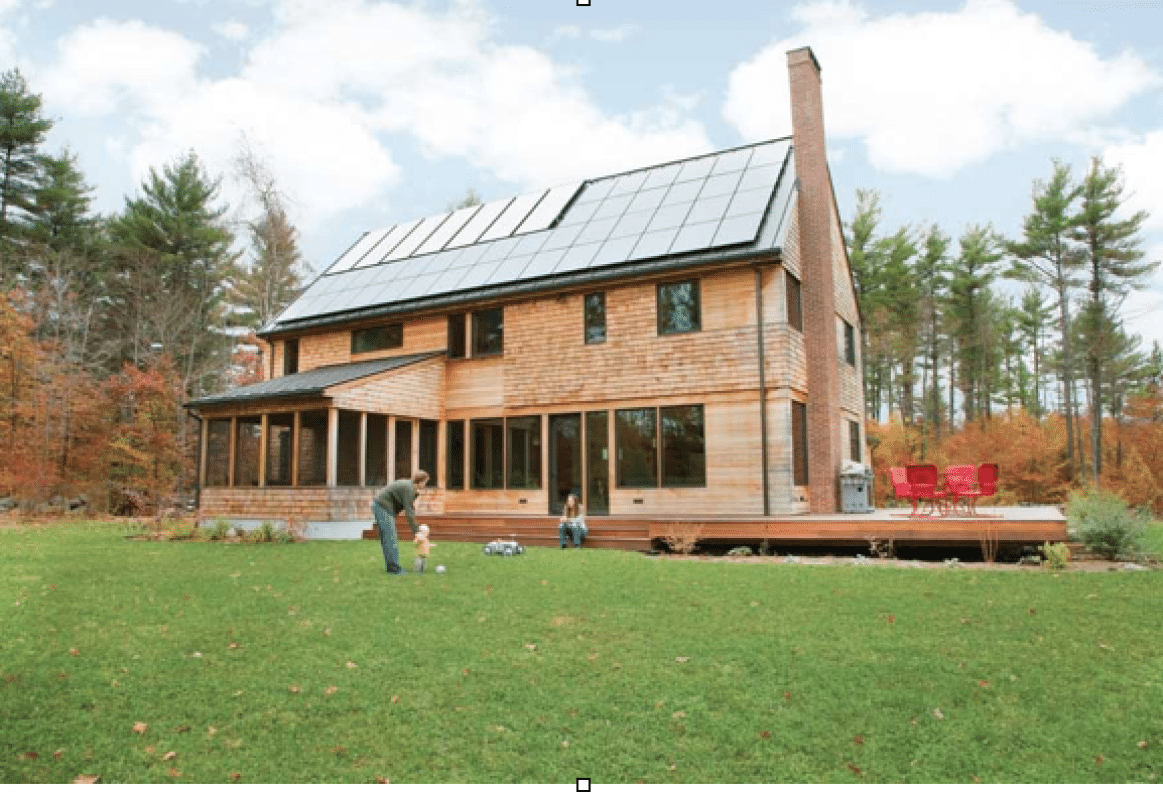
In previous articles about off-grid photovoltaic (PV) systems I have touched on many of the technical aspects of sizing the system and components. However, I left out a very important topic that affects the overall size and expense of such systems. My aim is to discuss how certain lifestyle changes can impact this large investment.
We all enjoy our creature comforts and little thought of appliances and loads that we take for granted everyday. Whatever our reasoning, whether choosing to go off the grid to free ourselves from the utilities or protect our environment, deciding to take your home off grid is not one to tread lightly. It truly is a lifestyle choice.
Let’s sharpen our pencils. Before jumping into the design of your off-grid home, take a step back and think about all of those loads that you have now. These electrical devices that we use everyday can really add up. To power all those kWhs with PV and battery can get really expensive very quick.
Consider ways to make simple fixes around your home to make it more energy efficient before taking the next step of designing your home to be an off-grid home. Have you thought about your current lighting? Are you using incandescent light bulbs in any of your fixtures? We all know that these consume a great deal of energy. I mean, aren’t they just a bunch of tiny little resistive heaters, really? Lighting can consume as much as 30% of the energy used in your home. You would not want to task your PV system with running them unless they were made to be more energy efficient.
Maybe you have already transitioned away from these energy hogs and have yourself retrofitted with CFL lamps. If so, great job! Consider a 60 Watt incandescent light fixture that has been replaced with a 14 Watt CFL. You have just now saved 46 Watts with that one bulb. Or perhaps you have decided that CFLs are just not doing enough. LEDs are even more efficient than that. Take the same 60 Watt incandescent bulb and replace it with a 4.5W LED. Now that same fixture uses 55.5 Watts less that it would have otherwise. That is pretty amazing. Yes, LEDs are a more expensive, however the return on your investment is remarkably quick. You may also become more proactive and turn off lights in unoccupied rooms or open up more windows to let in natural light.
Heating water is another energy hog. Our hot water tanks consume about as much energy as our lighting. This is another upgrade to consider to help you decrease the load that your PV system would need to provide power to. You could consider going with a tankless water heater. Or you may want to consider another alternative.
Passive solar thermal water collectors do not require electricity at all to provide homes with their hot water demands. They circulate water from your hot water tank through an insulated collector and back into your tank. Often these can have a backup heating element installed in the event that your demand on hot water increases or you just aren’t ready to change your showering schedule to accommodate the thermal collector when it reaches its peak production of the hot water. Either way, this investment will decrease the size of the PV and battery system required later when you do go off the grid.
There are a number of appliances that can be upgraded as well that can help reduce the amount of energy that is required of an off-grid system. LED and LCD televisions use far less energy than older CRT televisions and many of us have them in our homes already. An off-grider can consider changing their tv viewing habits by watching less tv and opting for a good book instead.
Refrigeration is a must have. There, of course, are energy efficient fridges out there and even solar powered ones. You do not necessarily have to upgrade your fridge. A simple change in your habits can lead to energy savings. Frequent visits to the fridge or standing in front of it with the door open means that the appliance has to work harder, using more energy, to recover. If you do not open the door to your fridge or freezer as often and know what you have in there before you open it you can save energy. That small change in habit is free. It does not require any expensive upgrade.
Electric clothes dryers can also consume a great deal of energy. This is another area where energy savings can be made without investing a lot of money in the newer energy efficient models that are out there now. If possible, hang a line outside or air dry your clothes indoors as much as possible to limit the amount of energy you would have to use drying them in the machine.
Think of other appliances you may have and how you can limit the amount of use they get or how they could be replaced with something that is more efficient. There are probably many ways to help reduce your overall energy demands with simple lifestyle and habit changes. The sum of these improvements add up to huge savings when you finally have your off-grid system. Fewer loads, adoption of energy sipping appliances and lighting result in an off-grid PV system that will not require as many modules or as many batteries to operate than if no changes or improvements are made at all.
